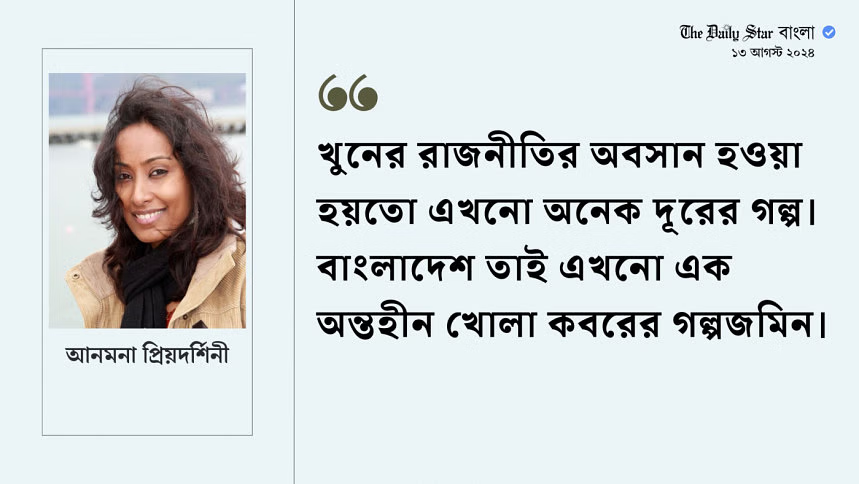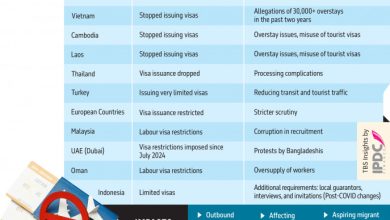Study finds alarming mercury levels in popular skin creams sold in Bangladesh

Its findings revealed that 22 out of 26 skin-lightening creams tested contained mercury well above the internationally accepted limit of 1 part per million (ppm) or 1mg/kg
A recent study has uncovered dangerously high levels of mercury in widely used skin-lightening creams sold in Bangladesh, raising alarm over a growing public health crisis and regulatory lapses.
Its findings revealed that 22 out of 26 skin-lightening creams tested contained mercury well above the internationally accepted limit of 1 part per million (ppm) or 1mg/kg.
The study was conducted by the Environment and Social Development Organisation (ESDO) in partnership with the European Environmental Bureau (EEB) and supported by testing from BAN Toxics.
Using an X-ray Fluorescence (XRF) analyser, researchers discovered that some products contained thousands of times more mercury than the safe limit. The highest levels were found in Due Beauty Cream (24,800ppm) and Golden Pearl Beauty Cream (20,700ppm).
According to the study, out of the 22 products that tested positive for mercury, three were already banned by the Bangladesh Standard Testing Institution (BSTI) – the two with the highest levels and the third being Goree Beauty Cream with Lycopene.
But, despite the ban, these products remain easily accessible in local markets and on online platforms.
Among the other mercury-laced creams, high levels of the chemical element were also found in FEIQUE Herbal Extract Whitening Freckle Removing Cream (15,500ppm), Parley Beauty Cream (10,000ppm), and Kim Whitening Ginseng and Pearl Cream (7,400ppm).
A testing conducted in 2024 found that Jiaoli Whitening Night Cream had 5,140ppm of mercury, Collagen Plus Vitamin E Night Cream had 4,120ppm, and Jiaoli Day Cream had 4,110ppm.
Other skin products found with significant mercury levels were Natural Pearl Whitening and Anti-Aging Cream with 2,780ppm and Feique Papaya Whitening Anti-Freckle Package with 1,840ppm.
Jiaoli Night Cream also exceeded safety limits at 1,060ppm, while Thanaka and Collagen Plus Vitamin E Day Cream showed no detectable mercury, according to the test results.
Speaking to The Business Standard, Dr Shahriar Hossain, senior technical adviser of ESDO, said, “Mercury in skin creams is a silent killer that will slowly harm individuals over time, often without immediate symptoms.”
“We collected 32 samples of human hair for research and tested them abroad. The initial results were worrying as high levels of Mercury were found in almost all the samples,” he said while explaining the health crisis.
When asked how mercury enters the human body, he said, “Mercury present in skin-lightening or bleaching products can be absorbed directly through the skin.”
He further explained that when these products are washed off, they typically enter the sewerage system and ultimately contaminate nearby water bodies. “This not only harms aquatic life but also allows mercury to enter the food chain, creating broader health risks for humans,” he added.
Other than that, mercury enters the human body through inhalation of elemental mercury vapours during industrial processes, and consumption of fish and shellfish, ingested and absorbed through the gastrointestinal tract, he said.
Dr Shahriar further stated, “Between 2017 and 2025, we tested 85 samples of skin-lightening creams and found that most contained high levels of mercury.”
Civil society groups call for urgent regulations
A press briefing was held at the ESDO office in Dhaka today (19 June) to unveil the results, during which civil society groups, ESDO and Philippine-based BAN Toxics called for urgent government action, raising concerns over the continued sale of mercury-containing skin-lightening products in Bangladesh and lax regulation in the cosmetics market.
They highlighted the need for enhanced regulatory enforcement, heightened public awareness, and international cooperation.
“Despite some progress in both local and international regulations, it is alarming that these products remain available in the market, putting public health at risk and contributing to environmental pollution,” said Prof Dr Md Abul Hashem, former chairman of the Department of Chemistry at Jahangirnagar University, and senior technical adviser of ESDO.
Mercury is considered by the World Health Organization (WHO) as one of the top ten chemicals of major public health concern. According to the WHO, mercury can cause irreparable damage to the nervous system.
The international coalition Zero Mercury Working Group (ZMWG) also warns that prolonged use of mercury-containing skin-lightening products may harm the eyes, lungs, kidneys, digestive, and immune systems.
Mercury in beauty products not only endangers users but also poses risks to others, as it can vaporise and spread through direct or indirect contact. Infants, children, and developing fetuses are particularly vulnerable to its harmful developmental effects.
At the briefing, BAN Toxics Advocacy and Campaign Officer Thony Dizon said the persistent availability of mercury-containing beauty products is a global concern, and that their illegal transboundary trade requires urgent intergovernmental cooperation and action.
He noted that the declared countries of origin of 18 mercury-positive samples include Pakistan, China, Korea, Thailand, Bangladesh, Taiwan, and Vietnam.
“These findings highlight the urgent need for stronger border controls, regional cooperation, and consistent enforcement of international agreements like the Minamata Convention on Mercury,” Dizon said.
BAN Toxics, for its part, has been consistently campaigning against mercury-containing skin-lightening products in the Philippines.
Meanwhile, SM Abu Sayed, deputy director at BSTI, said the agency has been cracking down on illegal products. “We cancelled 17 product licences in one day and are continuing regular mobile court drives with jail time and fines.”
“The challenge is online sellers who operate without giving any physical address,” he told TBS.







